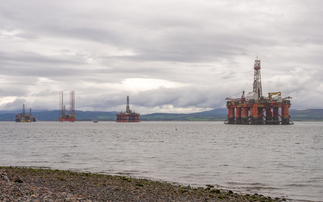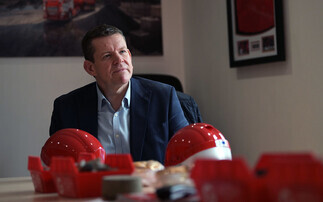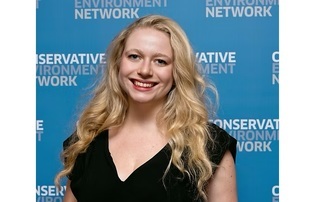One month since the Paris Agreement was reached, BusinessGreen takes a look at what's next for the historic accord - and how green businesses plan to build on the momentum created in the French capital
This will include more scrutiny for the European Union, which submitted a joint climate action plan to the UN ahead of COP 21. "One of our priorities will be to continue to hold the European Union accountable," says Dixson-Declève. "That means not only implementing legislation across Europe - ensuring member states put in place the right national policies - but also ensuring that there is an increased investment in renewable technologies and energy efficiency and other types of infrastructure changes that are necessary to implement a low-carbon economy."
And within the Union, countries will need to square domestic policy with EU targets. In the UK, 2016 will be a defining year for the UK's efforts to meet its carbon reduction commitments, according to Nick Molho from the Aldersgate Group.
"Domestically I think 2016 will be a very important year, post-Paris," he says. "It seems clear to us that in 2016 the key focus will have to be on the UK government putting forward a very clear plan as to how it intends to meet the fourth and the fifth carbon budget in a way that is timely and cost effective."
In particular, he highlights energy efficiency and clean energy generation policies as areas where decisions will need to be made before the end of the Parliament - and calls for clarity in these areas "as soon as possible".
A major battle is expected within the government as those opposed to more ambitious climate action call for a watering down of the UK's targets. But Molho argues there are compelling economic reasons for the government to pursue a bold decarbonisation agenda. He predicts that in a post-Paris world a government's stance on low-carbon development will become one of the key factors in investment decisions. "The key thing for business will be how attractive the domestic policy proposals are in the context of a global economy that is going low-carbon," he says. "More and more it will be a comparison between what different countries are doing which will help businesses decide where to place their investments."
Stumbling blocks
The course of international agreements rarely runs smoothly, and despite the success of the COP21 summit there are still a number of factors which could hamper the success of the Paris Agreement - or perhaps derail it completely.
On November 8 2016, US voters will go to the polls to choose their next president. Depending on who they appoint, the next four years could see a new president focused either on building on Obama's climate legacy, or methodically dismantling it. A climate-sceptic Republican President, such as Donald Trump, combined with a Republican-controlled Congress, could immediately detonate US government support for the Paris Agreement.
In the meantime, a hostile Congress could make further climate action difficult for Obama. "Obviously the US Congress could be a huge stumbling block and issue," warns Dixson-Declève.
Others are more optimistic, including Pete Betts, Director of International Climate Change at the Department of Energy and Climate Change. Speaking at a post-Paris event last month at the London School of Economic's Grantham Institute on Climate Change, he said the notable increase in "embedded action" at local and state level goes some way to protecting the US' climate action plan and its commitment to deliver steep emissions cuts by 2030.
"A lot of the action that is being taken is increasingly embedded - it's embedded in what companies are doing, it's embedded in what states are doing - so I don't think we should assume that everything would be wound back [if a climate sceptic wins the presidency]," he says.
The Aldersgate Group's Molho agrees. "The US has played a very positive role in Paris and many US businesses were pro-active in the discussions," he says. "Whoever wins the election will have to recognise that this was not just an Obama achievement - this is the case even if it is a Republican candidate."
Other concerns include securing adequate support for developing countries to propel them onto a low-carbon development path, and the potential for policy instability to disrupt clean tech investments at crucial stages of development.
"Consistency breeds credibility," Alina Averchenkova, co-head of policy at the Grantham Research Institute, noted at the LSE event in December. "Governments which have shown consistency in striking to their promise are treated as more credible investment partners. Those countries which have a history of past policy abolition will have a slightly larger challenge in proving that they will stick to their commitments."
Few of those who were inside Le Bourget when the Paris Agreement was announced will be able to forget the feeling of jubilation that swept through the gathering. But from maintaining political momentum for ratification and driving change in domestic policy agendas, to delivering new frameworks for boosting clean tech investment and ironing out contentious climate finance packages ahead of Morocco, there is still a long way to go before the Paris Agreement is confirmed as the "turning point" it was so widely hailed as back in December.
Yet the achievements at COP21 have inspired a new optimism many - including the CLG's Dixson-Declève - are determined to maintain. "The hard work starts now, but we are all incredibly positive and ready to work with policymakers across the globe to ensure that it does actually get implemented," she says.
This article is part of BusinessGreen's Road to Paris hub, hosted in association with PwC.










